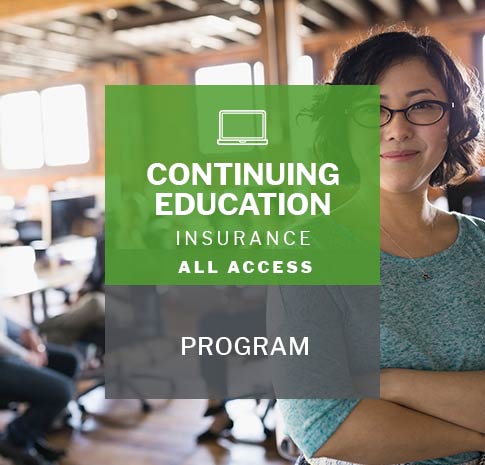What Are General Education Courses?
Before deciding to enroll in a college, you might be wondering: what are general education courses? These courses are required for all bachelor’s degrees in the United States. Here, we will discuss their purpose and characteristics and show you examples of some of the most common ones. Taking these courses can help you find out what you enjoy and are interested in learning more about. You might even meet a mentor who will help you navigate the world of higher education.
Purpose of general education courses
The Purpose of General Education Courses is to introduce students to a broad range of disciplines and provide a framework of core ideas. Christ at the Core is a outcomes-based curriculum that fosters a common intellectual life while allowing students to pursue interests and pursue ideas that may not be immediately obvious. By engaging with subjects that are outside the student’s comfort zone, general education courses can awaken new interests and a hunger to explore hidden dimensions of life.
These courses are important because they teach students the interdisciplinary nature of the university and the breadth of knowledge available. They also provide the necessary skills and knowledge needed to understand and integrate different disciplines. These courses are important for developing an understanding of the purpose of education and the many benefits that come with it. It is important for students to take them, but they should also take note of the reasons why they are required. Here are some reasons to take general education courses:
Required for all bachelor’s degrees in the United States
All bachelor’s degrees in the United States require general education courses. Taking these courses is a great way to broaden your horizons and try out different things while completing the requirements for your degree. You may discover a passion for a different field while taking these courses and decide to change your major or add it to your minor. The US system allows students to concentrate in more than one subject and change concentration throughout their undergraduate years.
Some general education courses can overlap with other requirements. A writing course may overlap with a diversity course, but a professional communication course cannot. American Sign Language or a second course in a language sequence cannot overlap with the requirement for a specific geographic region. You may also fulfill a language requirement through high school study, proficiency examinations, or native proficiency. There are some exceptions to this rule, though.
Characteristics of general education courses
The general education program is designed to ensure that undergraduates acquire a variety of knowledge in various disciplinary areas deemed essential to success in a university. The program includes 30 credits of general education courses, which enhance students’ knowledge of a wide range of topics and introduce them to new areas of inquiry and possibilities. These courses build on General Education experiences and develop advanced competencies in four critical areas. They prepare students for a variety of careers, including teaching, law, medicine, and the arts.
A committee tasked with administering the General Education program advises the Undergraduate Academic Council. Proposals for General Education courses originate in different departments and then pass through the curriculum committees of the colleges and schools. The General Education Committee reviews and approves them, with the Vice Provost and Dean for Undergraduate Education making sure they comply with the General Educational Program. The General Education Committee must approve a new course proposal before it can be taught.
Examples of general education courses
In college, most institutions will require students to take general education courses. These are classes in different categories that fulfill the requirements set by a particular school. For example, students are expected to have a working knowledge of various humanities and social science disciplines. Other general education courses may include computer science, economics, fine arts, and philosophy. While the emphasis and type of general education courses vary from one institution to another, there are some common characteristics among them.
The first thing to consider when selecting a general education course is whether you’re sure you’d benefit from the course or not. A general education class can be beneficial if you have an interest in a particular topic but aren’t certain which one to choose. Some of these courses may involve viewing movies, reading case studies, or applying the material in a real world situation. A general education class can help you develop the skills and knowledge you need to get ahead in your academic career.
Online general education courses
When it comes to choosing a major, online general education courses can be an excellent choice. These courses are comprised of fundamental foundational courses, which give you the foundational knowledge you need to know to succeed in college. However, if you find yourself stuck between two very different majors, you don’t need to worry, because online general education courses allow you to explore many different topics. Depending on the school, you may only need to complete a third of your undergraduate degree or half of your credits.
Whether you’re considering online general education courses for career advancement, travel, or personal reasons, these classes can help you to prepare for your future. These courses are highly transferable and can be used to earn college credit. As long as you are taking courses in an accredited institution, your credits will transfer. If you don’t like the program, you can always switch to a different university. Aside from being transferable, online general education courses can be a fun and challenging way to learn new languages.



